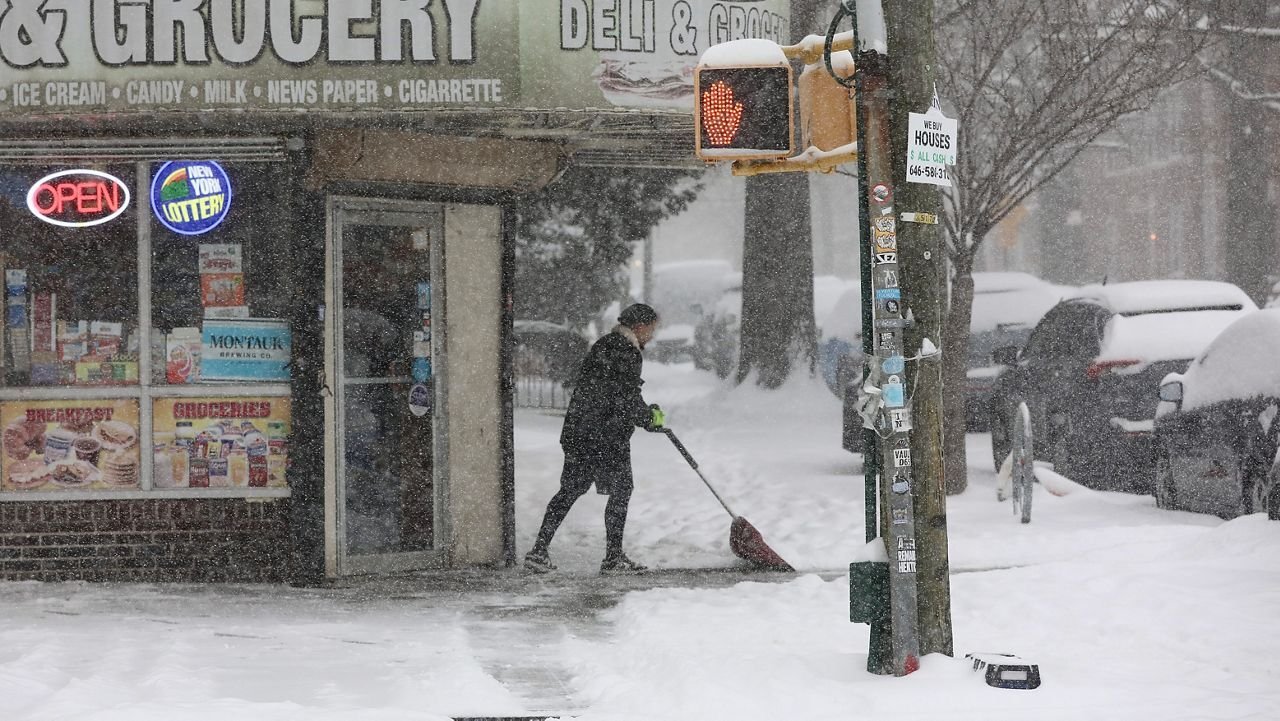When it comes to neighborly relationships, New Jersey residents may find themselves facing unique challenges. With its high population density and diverse communities, the Garden State often experiences a range of disputes that can escalate if not addressed properly. Here’s a closer look at why New Jersey might just be the worst state for neighbor disputes and how residents can navigate these challenges.
The Perfect Storm: Why Conflicts Arise
1. Close Proximity
New Jersey has the highest population density of any U.S. state, which means homes are often situated just feet apart. This close living arrangement can lead to conflicts over noise, odors, and shared spaces. A backyard barbecue can quickly go from a fun gathering to a neighborly complaint if the music is too loud or smoke drifts into an adjacent yard.
2. Cultural Diversity
New Jersey is home to a variety of cultures and lifestyles. While this diversity enriches communities, it can also create differences in expectations and behaviors. A neighbor may find what they consider normal to be disruptive or unacceptable, leading to misunderstandings and potential disputes.
3. Complicated Local Laws
Property laws and regulations can vary significantly by municipality in New Jersey. Zoning laws, noise ordinances, and fencing regulations can sometimes be confusing, leaving residents unsure about their rights and responsibilities. This lack of clarity can fuel disputes, especially if neighbors interpret laws differently.
4. Seasonal Challenges
Seasonal activities, like snow removal, lawn care, and summer gatherings, can also spark disputes. When one neighbor’s actions interfere with another’s enjoyment of their property, tensions can rise. For example, failing to shovel snow or return a borrowed lawn tool can create frustration.
Signs You May Be Heading Toward a Dispute
It’s essential to recognize signs that a dispute may be brewing, such as:
- Increased tension during interactions
- Frequent complaints or confrontations
- Changes in behavior, like avoiding each other
Tips for Resolving Neighbor Disputes
1. Communicate Openly
Many disputes can be resolved through simple, respectful communication. If an issue arises, try discussing it with your neighbor privately. Be calm and approach the conversation with a solutions-oriented mindset.
2. Document Everything
If conflicts escalate, keep detailed records of incidents. This can include dates, times, and the nature of the dispute. Documentation can be crucial if legal action becomes necessary.
3. Know Your Rights
Familiarize yourself with local ordinances and property laws. Understanding your rights and those of your neighbor can help navigate disputes more effectively.
4. Consider Mediation
If direct communication fails, mediation can be a valuable option. Many communities offer mediation services that provide a neutral third party to help resolve conflicts amicably.
5. Stay Open to Compromise
Sometimes, working toward a compromise is the best way to maintain peace. Be willing to listen to your neighbor’s perspective and find a middle ground that works for both parties.
Conclusion
While New Jersey may face its share of neighbor disputes, understanding the underlying factors and approaching conflicts constructively can lead to better resolutions. By fostering open communication and recognizing shared interests, residents can build more harmonious relationships with those who live next door.
Have you faced any neighbor disputes? Share your experiences and tips in the comments below!




